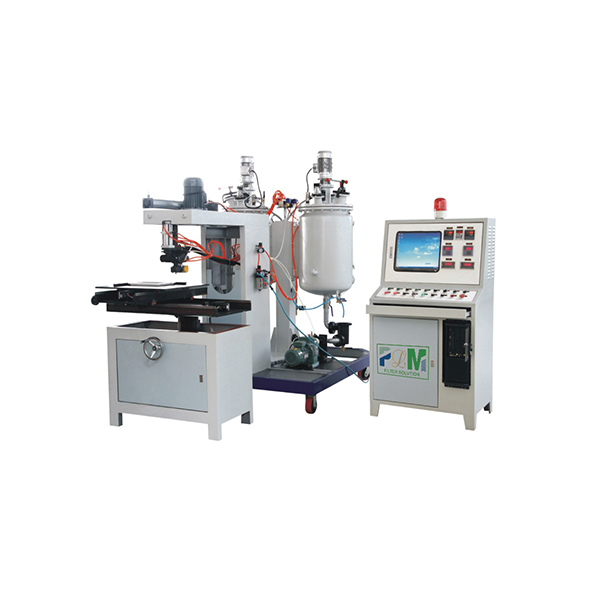Oct . 31, 2024 13:49 Back to list
Carbon Filtration Solutions for Efficient Alcohol Production and Purification Techniques
Carbon Filters for Alcohol Manufacturers Enhancing Purity and Quality
In the alcohol manufacturing industry, maintaining product quality and consistency is paramount. One effective solution that has emerged for ensuring the purity of alcoholic beverages is the use of carbon filters. Carbon filters have become a cornerstone technology for manufacturers aiming to enhance the flavor profile, remove impurities, and meet regulatory standards.
Understanding Carbon Filtration
Carbon filtration utilizes activated carbon, a highly porous material with a vast surface area, to adsorb pollutants and impurities from liquids. In alcohol production, these filters are primarily used during the distillation and bottling processes. Activated carbon's unique properties enable it to effectively trap unwanted compounds, such as fusel oils, off-flavors, and other volatile organic compounds that can negatively impact the taste and aroma of the final product.
Benefits of Carbon Filters in Alcohol Production
1. Improved Flavor and Aroma The primary advantage of carbon filtration is the remarkable enhancement of flavor and aroma in alcoholic beverages. By removing undesirable compounds, manufacturers can achieve a cleaner and more refined taste, which is crucial for consumer satisfaction.
carbon filter for alcohol manufacturers

2. Consistency in Quality Carbon filters help in standardizing the product quality. With every batch undergoing the same filtration process, manufacturers can ensure that the alcohol meets specified taste profiles and adheres to industry regulations. This consistency is vital for brand reputation and customer loyalty.
3. Cost-Effectiveness While the initial investment in carbon filtration technology may seem substantial, the long-term savings can be significant. By reducing the need for additional refining processes and minimizing waste, manufacturers can optimize their production efficiency and lower operational costs.
4. Environmental Benefits Activated carbon is often derived from sustainable sources, such as coconut shells or wood, making it an environmentally friendly option. Furthermore, the enhanced efficiency in production can lead to lower energy consumption and reduced carbon footprints.
Conclusion
In conclusion, carbon filters represent an essential innovation for alcohol manufacturers striving for excellence in product quality. The benefits of improved flavor, consistent quality, cost savings, and environmental responsibility make carbon filtration an indispensable component of modern alcohol production. As consumer demand for high-quality beverages continues to rise, adopting advanced technologies like carbon filtration will help manufacturers meet these expectations while maintaining their competitive edge in the industry. Embracing such solutions not only enhances the end product but also fosters a more sustainable approach to manufacturing in the evolving landscape of alcoholic beverages.
-
Active Carbon Air Filter for Air Purifier – Superior Odor & Allergen Removal
NewsJul.24,2025
-
High-Efficiency Active Carbon Air Filter for Air Purifier | Odor & Allergen Removal
NewsJul.23,2025
-
Active Carbon Air Filter for Air Purifier – High Efficiency Filtration Solution
NewsJul.22,2025
-
Durable Sintered Porous Metal Filter Tube Cup & Machines
NewsJul.22,2025
-
Effective Active Carbon Air Filter for Purifiers | Eliminate Odors
NewsJul.21,2025
-
PLJT-250-25 Full-auto Turntable Clipping Machine | Efficient Automation
NewsJul.20,2025
